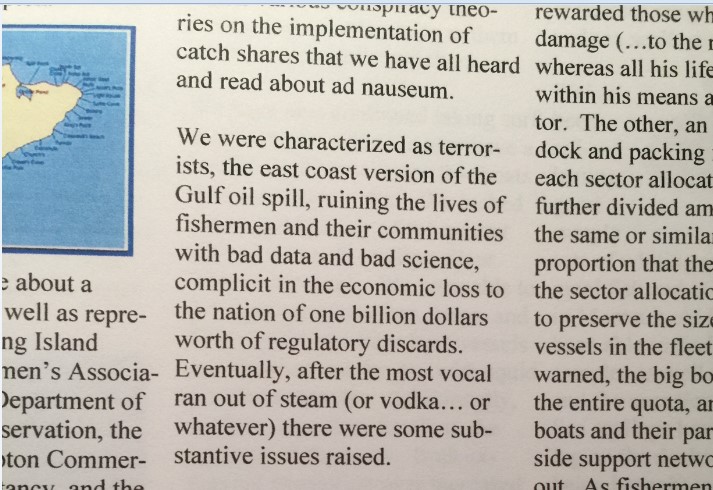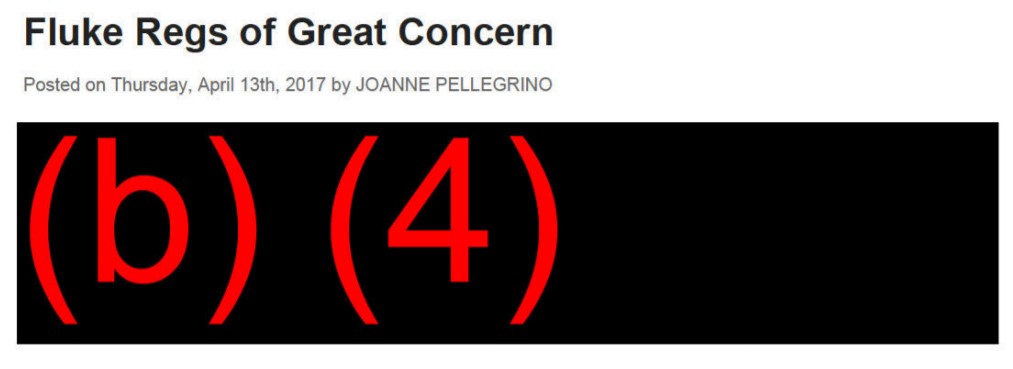Congress gave groundfishermen in New England a new lease on life when it appropriated funds last week to cover the cost of the At-Sea Monitoring program for 2018. The National Oceanic and Atmospheric Administration (“NOAA”) requires groundfishermen—who target bottom-dwelling fish like cod or flounder—to carry at-sea monitors on their boats and, as of 2015, requires the fishermen to pay the costs associated with these monitors, which can exceed $700 per day. By NOAA’s own estimates, this could put nearly 60% of the groundfishing fleet out of business. Small, family-run businesses would be hit hardest. CoA Institute released a short video with its client, David Goethel, that describes the destructive impact industry-funded monitoring will have on fishermen’s lives.
Judicial Review
CoA Institute filed suit on behalf of the fishermen in 2015. In 2017, the First Circuit Court of Appeals ruled that the fishermen filed their lawsuit too late because the underlying regulation was promulgated in 2010.[1] The statute governing the fishing industry—the Magnuson-Stevens Act—has a review period of only thirty days after the finalization or implementation of a regulation for a legal challenge. Although CoA Institute argued that imposing costs on industry for the first time in November 2015 should have restarted the clock for a legal challenge, the Court disagreed. But the First Circuit did note that:
[G]iven NOAA’s own study which indicated that the groundfish sector could face serious difficulties as a result of the industry funding requirement, we note that this may be a situation where further clarification from Congress would be helpful for the regulated fisheries and the agency itself as it balances the competing goals of conservation and the economic vitality of the fishery.
Congress Steps Up
Congress appears to have taken notice by appropriating the funds necessary to cover at-sea monitoring costs for Fiscal Year 2018. Congress also gave specific instructions to NOAA in order to avoid any ambiguity and ensure that the agency uses these funds for their intended purpose.
This is not a permanent solution but, for now, it will allow fishermen to stay afloat. In the future, if regulators want to continue to impose constitutionally suspect monitors on an already-beleaguered American fishing industry, they must justify the cost to the American taxpayer. The enormous public debt associated with the Omnibus Funding bill is reckless and unsustainable. Eliminating at-sea monitoring would be a good start to curtailing spending. But in the meantime, a federal agency like NOAA cannot be allowed to create a regulatory structure and then destroy an entire industry in order to fund it. If the government cannot afford to fund its programs, those programs must end. For 2018, at least, the government has chosen to cover the costs of monitoring, and our fishermen will get to keep on fishing. The better solution, however, would be to eliminate at-sea monitoring altogether.
Eric Bolinder is counsel at Cause of Action Institute
[1] CoA Institute also filed a petition with the Supreme Court, which declined to take the case.

